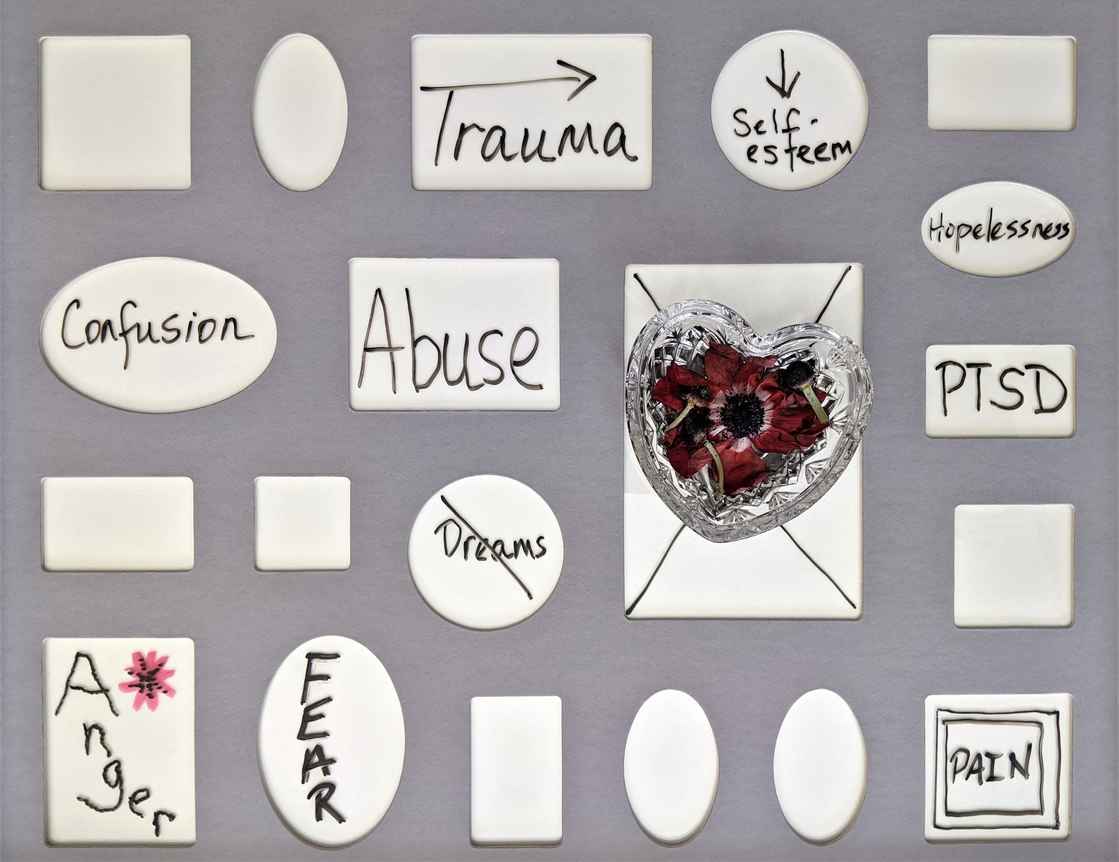Frequently Asked Questions (FAQs) & Answers Guide Trauma-Informed Legal Practice
Tools to support your clients, your practice & your career in challenging situations

Free FAQ Guide
Learn 5 key Trauma-Informed legal practice principles to use with clients with this FAQ guide....
Curious about how to include trauma-informed legal practices in your legal work?
Helgi is a former lawyer who changed her career to prioritize wellness & sustainable professional work.
She has co-written a forthcoming book by the American Bar Association (practice management division) on trauma-informed lawyering. Through her research and work, Helgi has discovered how using trauma awareness that prioritizes wellbeing can be an integral part of leadership, both personally and professionally.
Download the FAQ guide to learn more.
Why learn about trauma-informed lawyering?
Trauma and toxic stress are highly prevalent among legal clients.
In the legal profession, health of all kinds (particularly mental health and addiction) has been described as being in crisis. The American Bar Association
The following principles can help you and your clients have a better experience while working in the legal system:
1. Leading with awareness of trauma factors
2. Leading by prioritizing relationships in communication
3. Leading by prioritizing wellbeing in the course of work
4. Leading by using non-judgement tools, especially when unseen barriers to access to justice (or legal services) may be present.
Download the FAQ guide to learn more.

Trauma-Informed Lawyering
What are the euphemisms (words you already use to describe trauma) in your practice? A lot of lawyers use the words difficult or overwhelm. Discover insights and tools to support your practice today.

for more information see the website: https://www.traumainformedlaw.org/
Frequently Asked Questions
These are some of the questions people most frequently ask us:
Question #1: What is trauma?
What is trauma? Think of it in terms of difficult, challenging situations that can overwhelm our capacity to cope.
Question #2: How does trauma show up in law?
How does trauma show up in legal practice? Many lawyers think of themselves as firefighters. Where d you put out fires? Clients think of it in terms of law creating further burdens or even harm to an already difficult situation.
Question #3: What are some tools to help?
What tools can help support clients and lawyers impacted by trauma? Trauma is a biopsychosocial experience, affecting us physically, mentally, emotionally and socially. There are multiple tools or supports for each area.
Question #4: Where do I start?
Where do I begin ? A simple and effective place to begin is with communication. Where do you make assumptions that can be replaced with questions? Example: how is the client experiencing this case instead of what are the problems in this case? (This assumes problems.)

Constant overwhelm or difficult feelings as a lawyer are not inevitable.
There are insights, mindset shifts, stories, tools and practices that can help.

Trauma is prevalent in the legal system even if you don't often hear about it.
Lawyers are asked to have challenging conversations and deal with some of life's most difficult moments. It can impact career satisfaction as well as wellbeing. For clients it can impact their satisfaction and access to justice.

Everyday shifts, habits and tips can help.
Did you know that both Nelson Mandela and Ruth Bader Ginsberg, for instance, were big proponents of exercise? You're likely already familiar with some of the supports that can offset or support lawyers impacted by adversity in the course of work.
Get My Free FAQ Guide for Trauma-Informed Legal Practices
Create more ease of communication with clients, reduce overwhelm and improve client satisfaction in challenging situations.
We hate spam too. Unsubscribe at any time.